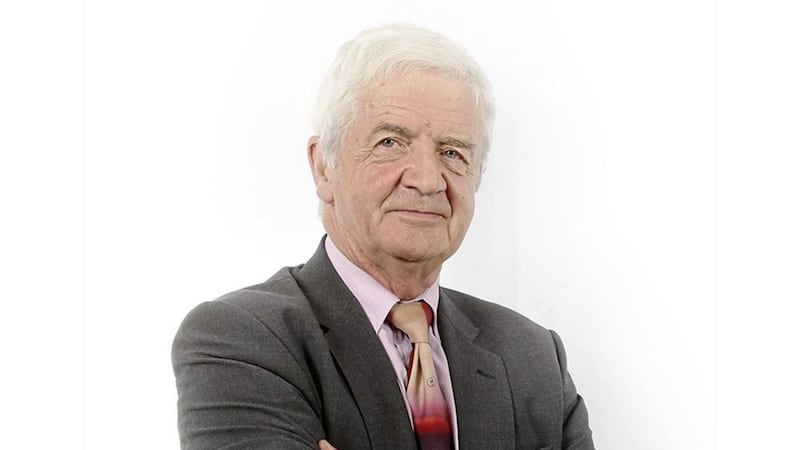Assuming that within next six months, the UK leaves EU and there are general elections for Westminster and the Dáil, it is likely that Brexit will do more than shape the future economies of the two islands.
It will determine the fortunes of the major political parties on both sides of the Irish Sea, define the careers of several party leaders and mould the overall political landscape in a way which is still difficult to assess. Welcome to the Brexit-driven world of political transformation.
As things stand (but depending on the final Brexit details) the likely electoral winners are the Conservatives (if they can stick together), Fianna Fáil and northern Sinn Féin. The losers may include the British Labour Party (even if it sticks together), Fine Gael, the DUP and southern Sinn Féin.
The Tories are faring best in terms of political popularity, with a ten-point lead in the opinion polls. But the variant opinions on Brexit within the party mean that Boris may still not win an electoral majority.
However, if he brings the UK out of the EU, he will secure his place in British political history. But the wreckage in the British political system is now so great that he may be in charge of a political wasteland.
His DUP allies are electorally exposed in North, South and East Belfast. Their support for Brexit is understandable, but they failed to plan for its economic implications in Ireland. In the argument over whether the economic border should be between north and south, or between here and Britain, they might have explored a third way by seeking special economic status for the north.
Instead they chose to rely on the Good Friday Agreement's recognition of the legitimacy of the political border (which many nationalists now belatedly recognise as a huge mistake) to justify economic partition.
Armed with an international legal agreement, they then sought political refuge with Boris, in what may turn out to be a brief relationship, if he wins a majority at the next election. That may be bad news for party leader Arlene Foster, who may have to seek a new refuge, this time in the House of Lords.
The DUP's loss will, in part at least, be northern Sinn Féin's gain, most probably in North Belfast. SF's greatest electoral assets right now are Boris and the DUP and the party's relatively low-key attitude to the Brexit pantomime has worked well - but only in the north. In the south, SF has been largely uncritical of Leo Varadkar's strong nationalist position, which he has now extended to claiming emotional jurisdiction over the north.
If Leo manages to achieve a seamless border, how does SF carve out a distinctive role for itself? If he finishes up with a hard border, SF will find it difficult to distance itself from Fine Gael's election car-crash.
Waiting in the wings is Fianna Fáil's Micheal Martin, who might just exploit both Brexit and the growing dissatisfaction with a government that has been too long in office. (The difference between the two party leaders is that whereas both men understand political science, Martin is also skilled in the art of politics, which is always a more valuable asset in Ireland.)
In Britain, Jeremy Corbyn is doing a fine job at being Jeremy Corbyn, which means the Labour party is in perpetual disarray, promoting (as the Left often does) theoretical debates over real world politics. Brexit was a significant opportunity to oust the Tories, but it now appears to have gone, along with Jeremy's political career.
Back here in the north, victory for one sectarian side over the other will mean little in terms of political transformation. When Britain and Berlin no longer have use for us as political pawns (as James Connolly warned against) the political world may have changed in Britain and the rest of Ireland, but we will continue to enshrine Brexit (as we do with everything) in sectarian terms.
We apparently enjoy our political wasteland too much to change it.









